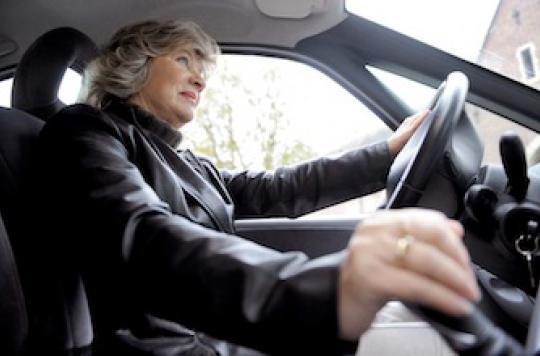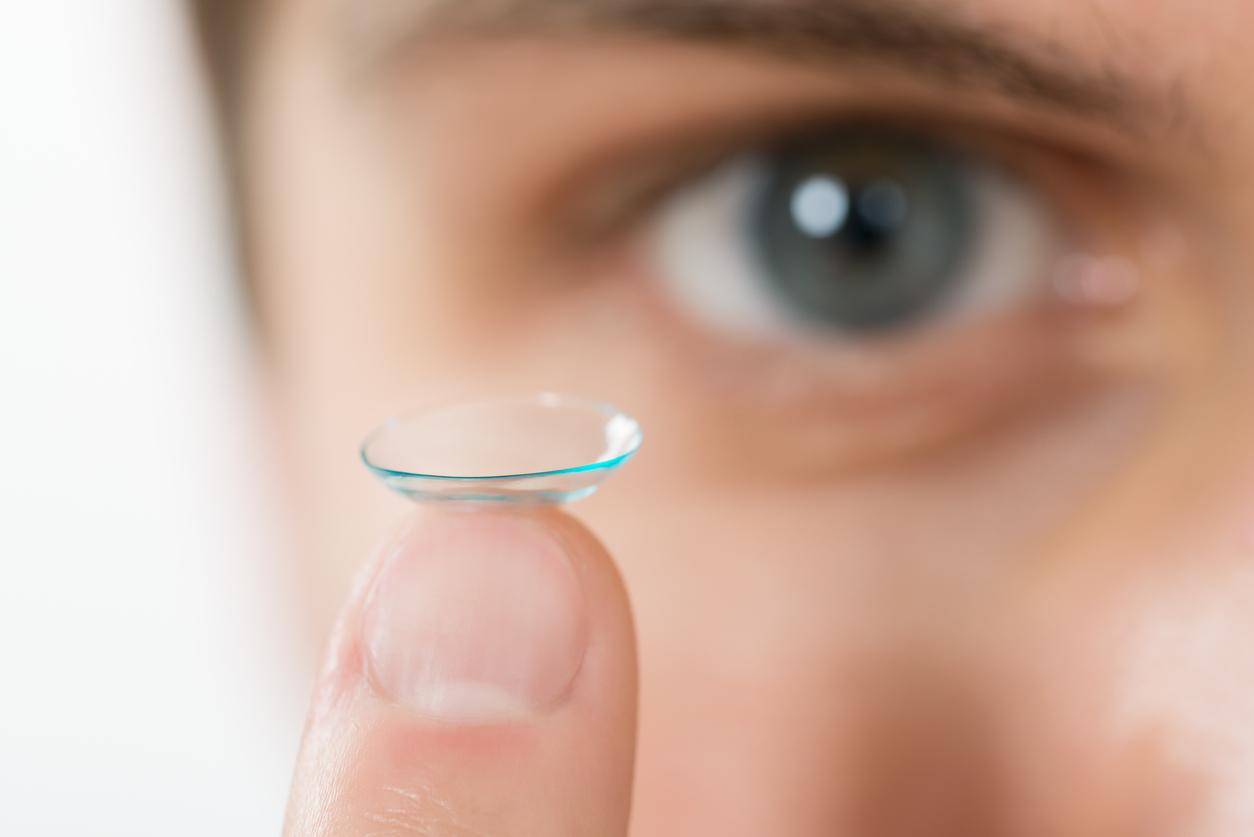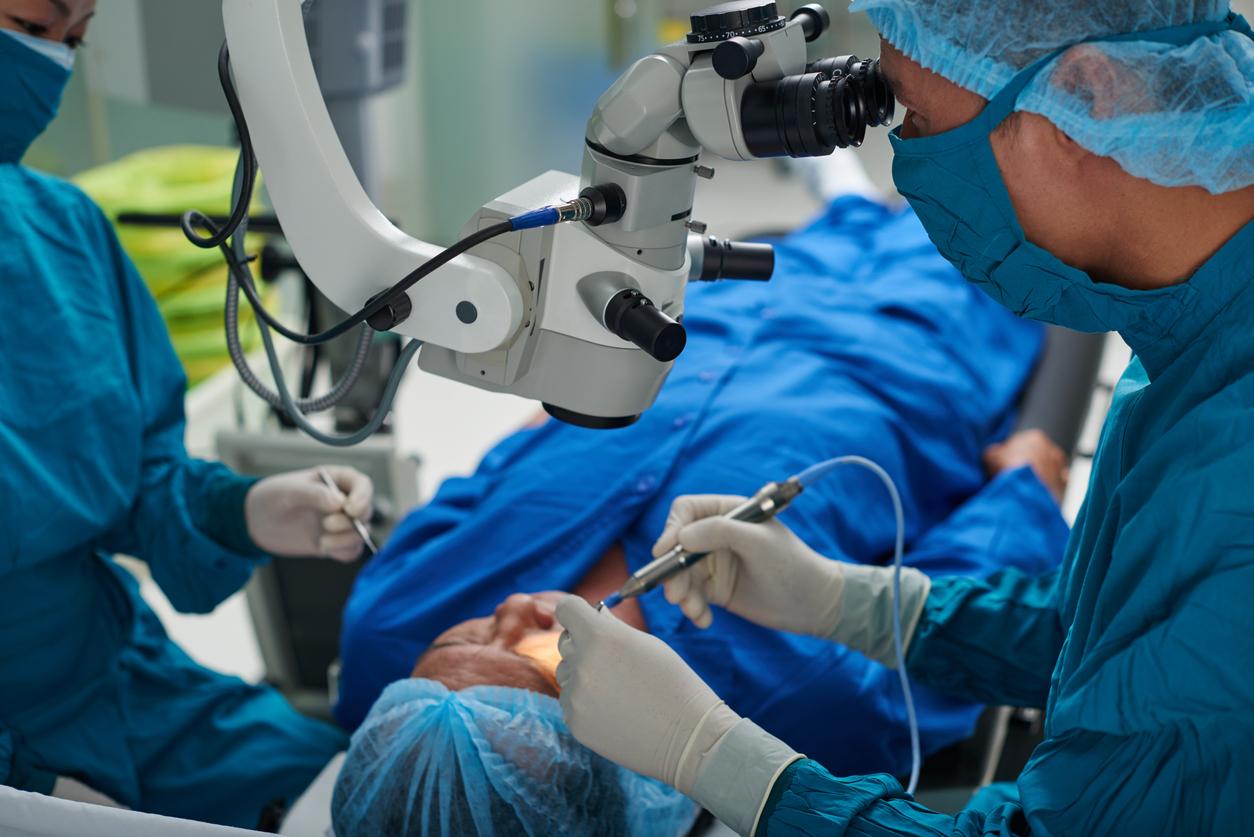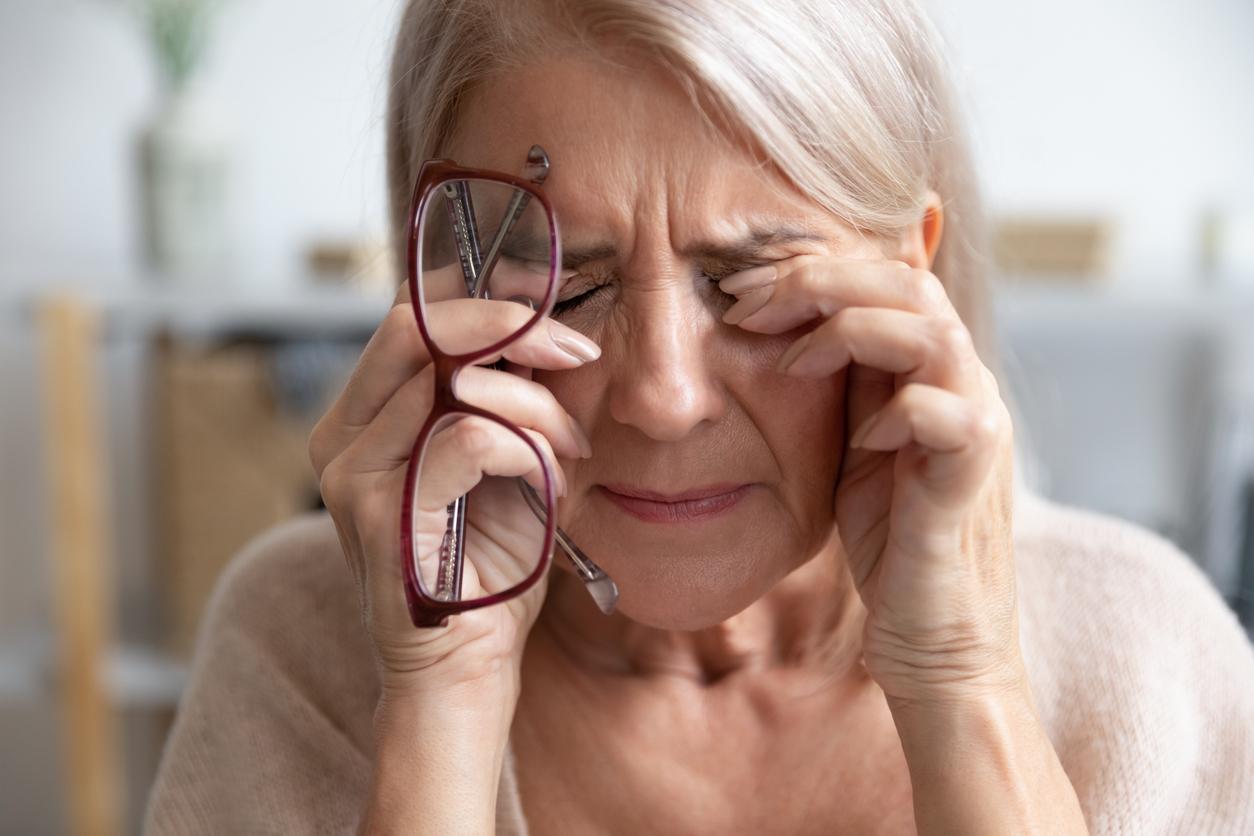While more and more adults are getting a vision correction, 22% of them never wear their glasses or contact lenses when driving.

One in two adults over 18 wears glasses or contact lenses in France. A percentage that would be increasing, according to a survey carried out by Opinion Way for the National Association for the Improvement of Sight (Asnav). This visual health barometer carried out each year also shows that vision-related problems are the ones that most worry French people on a daily basis. Vision concerns are even ahead of cardiovascular disease and at the same level as children’s teeth problems. And yet, even if they are interested in their health, it seems that once behind the wheel of their car, a number of spectacle wearers no longer have their eyes in the face of the holes. This survey reveals that 22% of French people never wear their glasses or lenses to drive their car and 17% do not always wear them when using a 2-wheeler. A decree of the highway code published in 2010 however stipulates that any candidate for a driving license must ensure that he has good visual acuity.
Listen to Bertrand Roy, Chairman of Asnav : ” Driving in a narrow city street, the stroller crossing between 2 cars, depending on whether you have good vision or not, you brake in time or not. “
Young people also tend to underestimate the consequences of poor eyesight. When we question 16/24 year olds, even if 97% consider that good eyesight is essential for driving, yet 21% of them do not always wear their glasses while driving. However, some specialists point out that not all people with vision correction need to wear them when driving.
Listen to Professor Gilles Renard, from the French Society of Ophthalmology: ” Driving is mostly a dominant distance vision. So it is the nearsighted people most concerned, especially as myopia is reinforced in night vision. “
On the other hand, this survey reveals that it is not only in terms of driving that the visually corrected French are a little negligent. Many people find that they don’t necessarily need to wear them in many everyday activities. 29% do not use them to get around at home, 24% to cook and finally 16% of people who have a prescription for glasses or contact lenses, do not use them to take their medication.
.

















